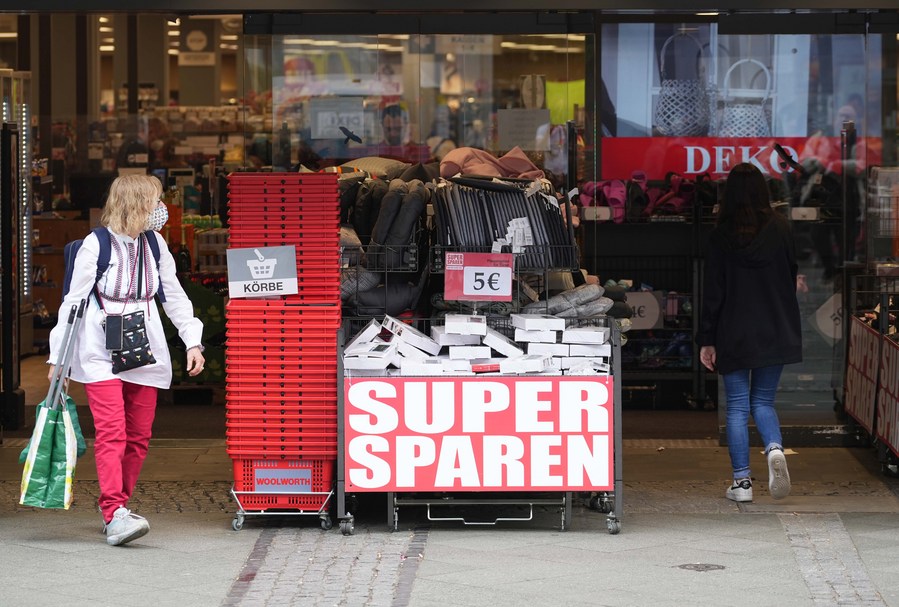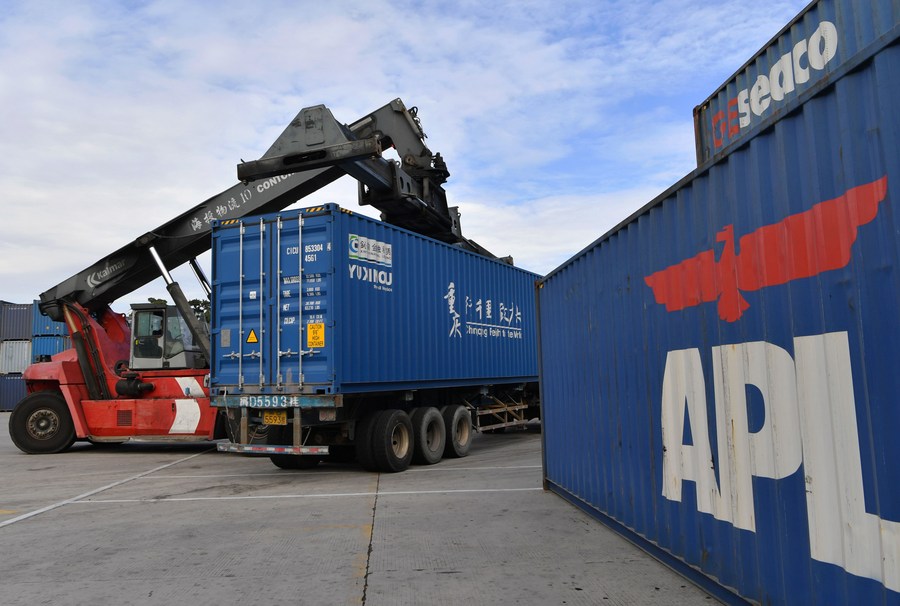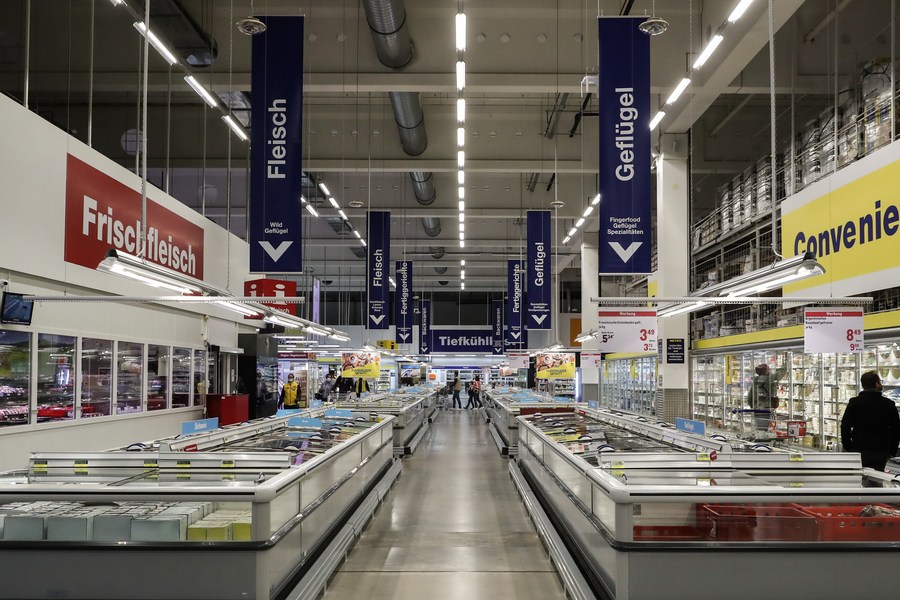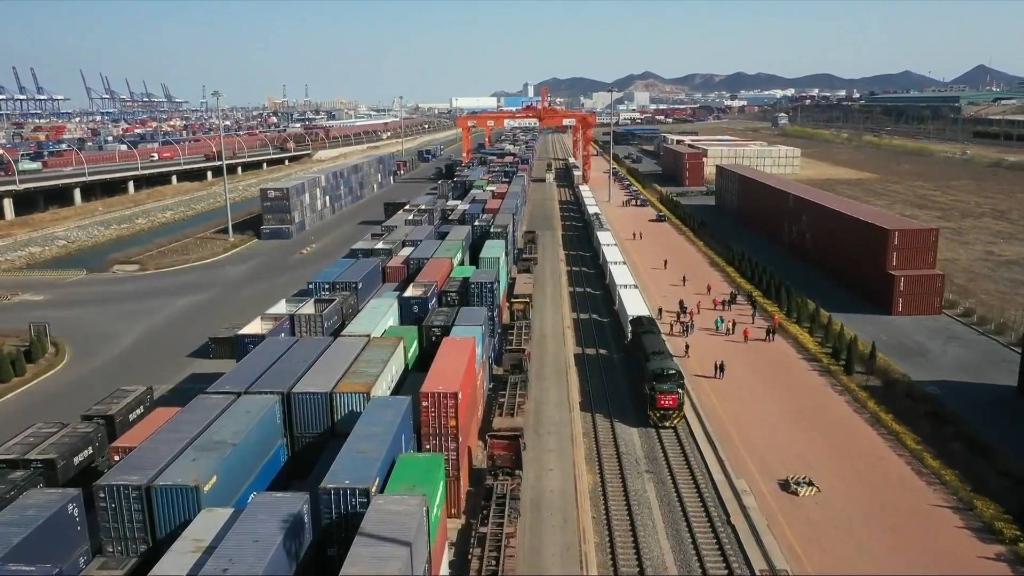
Customers are seen at a shop in Berlin, capital of Germany, on May 11, 2022. (Photo by Stefan Zeitz/Xinhua)
"This Christmas, there will once again be some empty shelves," warned Klaus Wohlrabe, head of ifo surveys. "Supply problems have become a chronic issue for retailers."
BERLIN, July 6 (Xinhua) -- Retailers in Germany fear that supply problems could last until the middle of 2023, according to a company survey published by the ifo Institute on Wednesday.
Retailers of toys, electrical appliances and motor vehicles even expect bottlenecks to last more than a year. Bicycle dealers were most affected, anticipating ongoing supply problems for the next 18 months, according to the Munich-based institute.
"This Christmas, there will once again be some empty shelves," warned Klaus Wohlrabe, head of ifo surveys. "Supply problems have become a chronic issue for retailers."
In June, three out of four retailers in Germany reported failure to receive all goods ordered. Compared with the previous month, however, the situation eased slightly, according to ifo.

A staff member hoists a container before loading onto a China-Europe freight train bound for Hamburg of Germany at a cargo distribution centre in Haicang District of Xiamen, southeast China's Fujian Province, Nov. 13, 2020. (Xinhua/Wei Peiquan)
Container ship congestions have intensified material shortages in Europe. Two percent of global freight capacity are currently stuck in the North Sea, according to the Kiel Institute for the World Economy (ifw Kiel).
"Overall, world trade shows a slightly positive trend in June, but significant congestion, high transportation costs and resulting supply chain woes dampen the exchange of goods," said Vincent Stamer, head of Kiel trade indicator.
Driven by rising consumer prices, retail sales in Germany would be around three percent higher in 2022 than last year, according to the German Retail Federation (HDE). Adjusted for high inflation, however, sales are expected to decline two percent year-on-year.
Since the start of the Russia-Ukraine conflict, soaring energy prices in particular drove up inflation in Germany to record levels. In June, price increases in Europe's largest economy slowed down to 7.6 percent, according to preliminary data from the Federal Statistical Office (Destatis).

Customers shop at a supermarket in Berlin, capital of Germany, on Oct. 1, 2021. (Xinhua/Shan Yuqi)■












